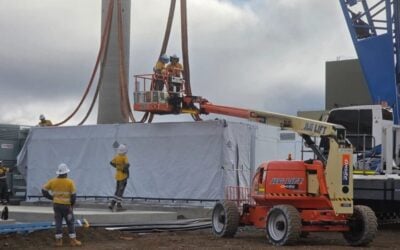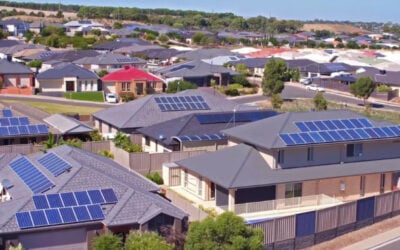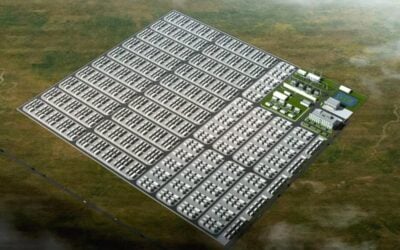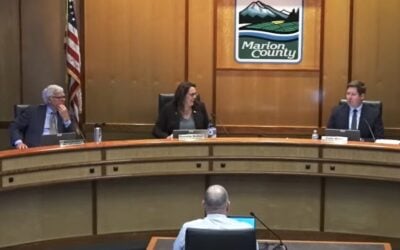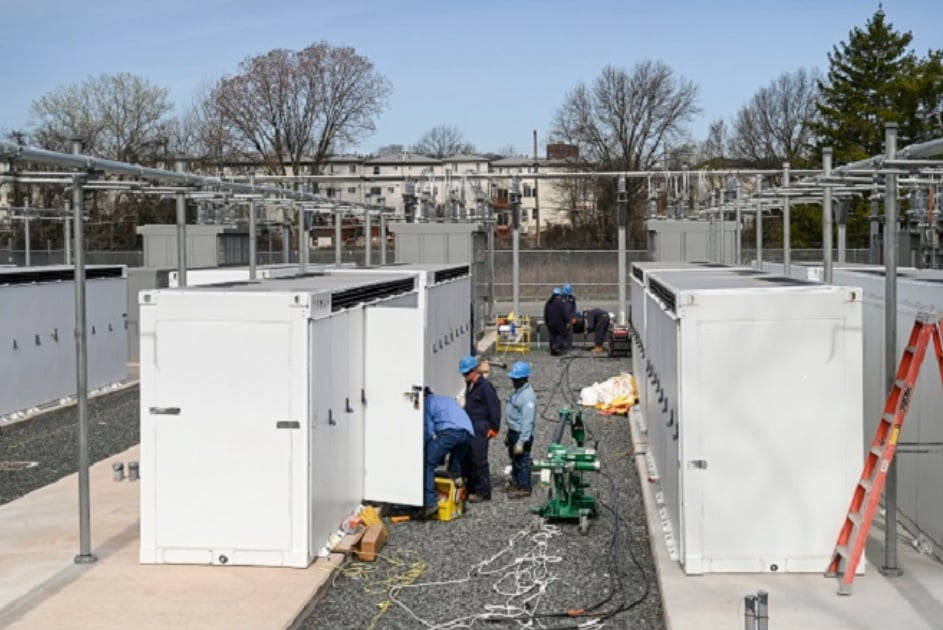
Con Edison has inaugurated the largest battery storage project to date within New York City, making a tiny dent in delivering the US utility’s state-determined commitment to energy storage.
The battery energy storage system (BESS) has been deployed in the Fox Hills region of New York’s Staten Island. It will be charged with energy drawn from the grid at night during off-peak times when electricity is cheaper.
Enjoy 12 months of exclusive analysis
- Regular insight and analysis of the industry’s biggest developments
- In-depth interviews with the industry’s leading figures
- Annual digital subscription to the PV Tech Power journal
- Discounts on Solar Media’s portfolio of events, in-person and virtual
The energy, stored in 11 Tesla Megapacks, will be used to maintain stability of the local electricity network, as well as being dispatched by Con Edison into the wholesale market of network operator New York ISO, serving various grid-balancing functions determined to be required by the ISO.
It’s perhaps important to note that the 7MW/30MWh BESS is the biggest of its kind in New York City, although not in the state. That title is thought to be held by the 20MW/45MWh project KCE NY 6, inaugurated at the beginning of this month by developer Key Capture Energy in Buffalo, Upstate New York.
Another relatively large project was brought online recently by Convergent Energy and Power as a non-wires alternative (NWA) to distribution infrastructure upgrades for utility Orange & Rockland (itself a subsidiary of Con Edison parent company Consolidated Edison) in rural Upstate New York. However, while that was described as a 12MW/57MWh BESS project, it comprises three separate smaller systems.
The siting of BESS projects almost entirely outside the city is due to the fact that to date, siting large-scale battery storage within densely populated, urban New York City has been a difficult proposition.
Part of that challenge is in finding suitable land and grid connections, which has led to numerous plans for BESS projects on the sites of decommissioned or existing thermal generation plants within the city. Another facet is that New York City has some of the world’s most stringent rules and codes on fire safety and buildings, as regular readers of Energy-Storage.news will likely be aware.
Con Edison spoke to both of these challenges in announcing the inauguration of its Staten Island project, noting that the BESS has been constructed on land the utility already owns. It also said that the BESS used underwent a safety review by the Fire Department of New York (FDNY) that the utility said had been “rigorous”.
The City of New York Fire Department also has a list of battery energy storage equipment approved for installation in its jurisdiction. PowerTitan, a liquid cooled BESS solution made by the energy storage arm of PV inverter manufacturer Sungrow was added to that list very recently, bringing that list up to just four approved vendors with eligible products including Tesla.
Utility needs to play catch-up
New York State has one of the most ambitious energy storage deployment targets in place in the world, seeking 6GW by 2030 to support its goal for 70% of its electricity to come from renewable sources by that time, and to achieve carbon neutrality across its economy by 2050.
Within that, Con Edison and the state’s other major utility companies have been handed targets of their own to contribute to that total.
There has been some frustration from the clean energy industry and climate advocates that the utilities have not moved quickly to achieve their goals. Con Edison was tasked with enabling 300MW of deployments from the state’s first-ever Energy Storage Roadmap, published in 2018, but hardly any of that has yet been installed.
A major reason for that, Energy-Storage.news heard a while back from developer Kelly Sarber, CEO of Strategic Management Group, and analyst Vanessa Witte of Wood Mackenzie Power & Renewables, is that prices Con Edison was willing to pay through solicitations weren’t high enough to entice developers.
Sarber said that a 100MW/400MWh project Strategic Management Group is working to develop with Hanhwa Group subsidiary 174 Global Power is the only one so far of its scale to have a contract in place with Con Edison.
Witte said meanwhile that there was “definitely frustration” among developers that opportunities had not materialised through Con Edison holding solicitations.
In March, the regulatory New York Public Service Commission (PSC) extended the deadline for utilities to achieve those procurements from 2025 to 2028, while perhaps more importantly, the second iteration of New York’s Energy Storage Roadmap, published at the beginning of this year, sets out a proposal to hold solicitations for large-scale, or so-called ‘bulk’ (facilities over 5MW) through the public-benefit corporation NYSERDA.
These solicitations could begin as early as next year and while some have voiced concerns that it leaves New York little time before its 6GW by 2030 deadline is due, the proposals, have been broadly welcomed. As things stand, NYSERDA’s solicitations would entitle developers, asset owners or investors to a steady revenue stream guaranteed by the state over several years, but would be set at a level low enough to incentivise merchant market participation, too.
Con Edison pointed out that the Staten Island project’s installation, engineering and procurement was supported by its in-house teams, and that learnings from it will be applied on future projects. So far, the utility’s own BESS projects are limited to three distributed systems on customer property, and one 2MW/10MWh project in Queens, installed in 2019 to back up a distribution grid feeder.
It also has plans to deploy New York’s first battery storage-integrated electric vehicle (EV) charging facility in the city of New Rochelle, with a 4MW/12MWh BESS to help buffer the electricity grid from the strain of outputting enough power to charge several vehicles at once. A release about the Staten Island project running through the utility’s committed-to storage projects did not mention another similar EV charger-integrated project in Brooklyn to which Con Edison said in 2021 it had appointed Centrica to deliver.

